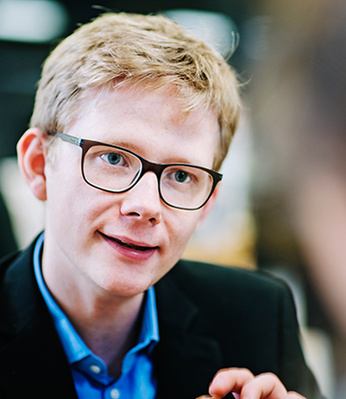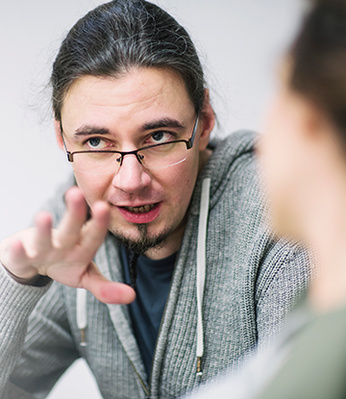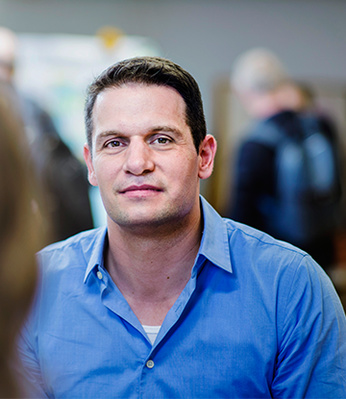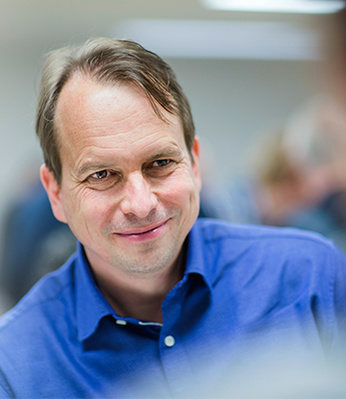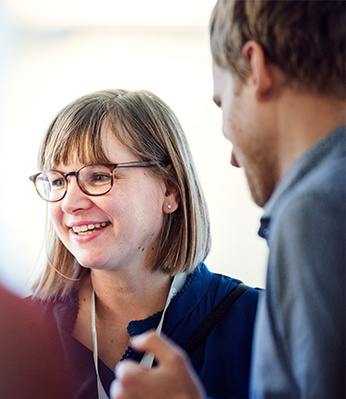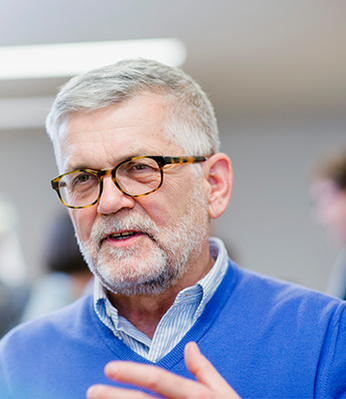The free encyclopaedia Wikipedia is written by volunteer authors. There is no full-time editorial staff, instead Wikipedia thrives on the participation of as many people as possible. But the number of active authors is decreasing. If this trend continues, articles will become impossible to maintain, and there won't be any new ones.
We are therefore committed to ensure that Wikipedia is reliable, comprehensive and up to date in the future as well. We draw people's attention to the fact that they can participate in Wikipedia and offer interested people help and entry opportunities.
We encourage all authors – whether new or already active for many years – and are at their side when it comes to putting their plans into action. For example, we award scholarships, help with workshops and competitions, or provide technical support.
If we want to know something nowadays, we simply check the internet. Unlike a printed encyclopedia, we need software for the content to be usefully displayed. But the digital environment is evolving rapidly.
In order to keep Wikipedia user-friendly and accessible to all in the future, we continue to expand MediaWiki, the software behind Wikipedia.
In addition, we are developing our free database Wikidata, which people around the world can connect e.g. to the almost 300 different language versions of Wikipedia. The software behind Wikidata is designed so that it offers access to our database at any time and for anyone interested outside the Wikimedia world.
The world is rich in cultural goods such as books, paintings or scientific works. They can mostly be viewed by the public, but not used. Even if they are exhibited in a museum, for example, we often cannot photograph and use them.
In our view public goods belong to the public. We therefore work together with educational, scientific and cultural institutions and enable them to place their contents under a free license. So all these treasures can be freely reused - for example, for educational materials or a blog.
This requires a suitable legal framework. We want to make it as easy as possible for people to share their knowledge. We therefore lobby for a modern copyright law that uses the power of the internet to spread and increase knowledge.





